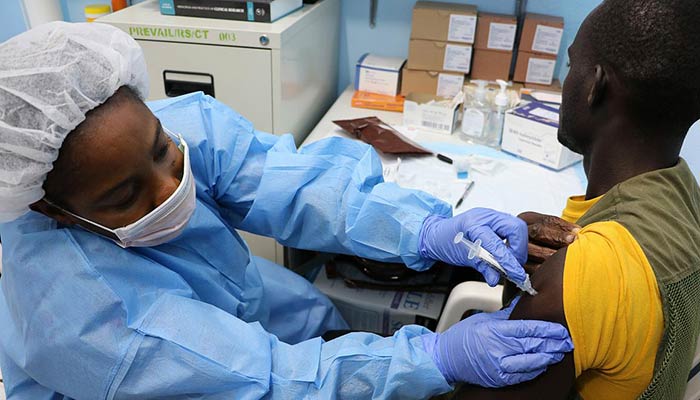We learned from the 2014–16 West Africa Ebola outbreaks that during the emergency, the future biosecurity implications of of sample collection is given very little consideration. It is impossible to be sure where they all are and whether they have been secured, posing the obvious risk of accidental exposures and potential for malicious use.
In Sierra Leone, the remaining biosecurity risk is only being addressed after the fact. To help achieve this, the government of Canada is in the process of providing a secure biobank in Freetown. The aim is to provide the proper means of storage for these hazardous samples and to allow them to remain in-country.
However, it is already more three years since the emergency was declared over by the then director-general of the World Health Organization (WHO), Margaret Chan, and the biobank and its associated laboratory are yet to be fully operational.
Read the full article at Chatham House.


